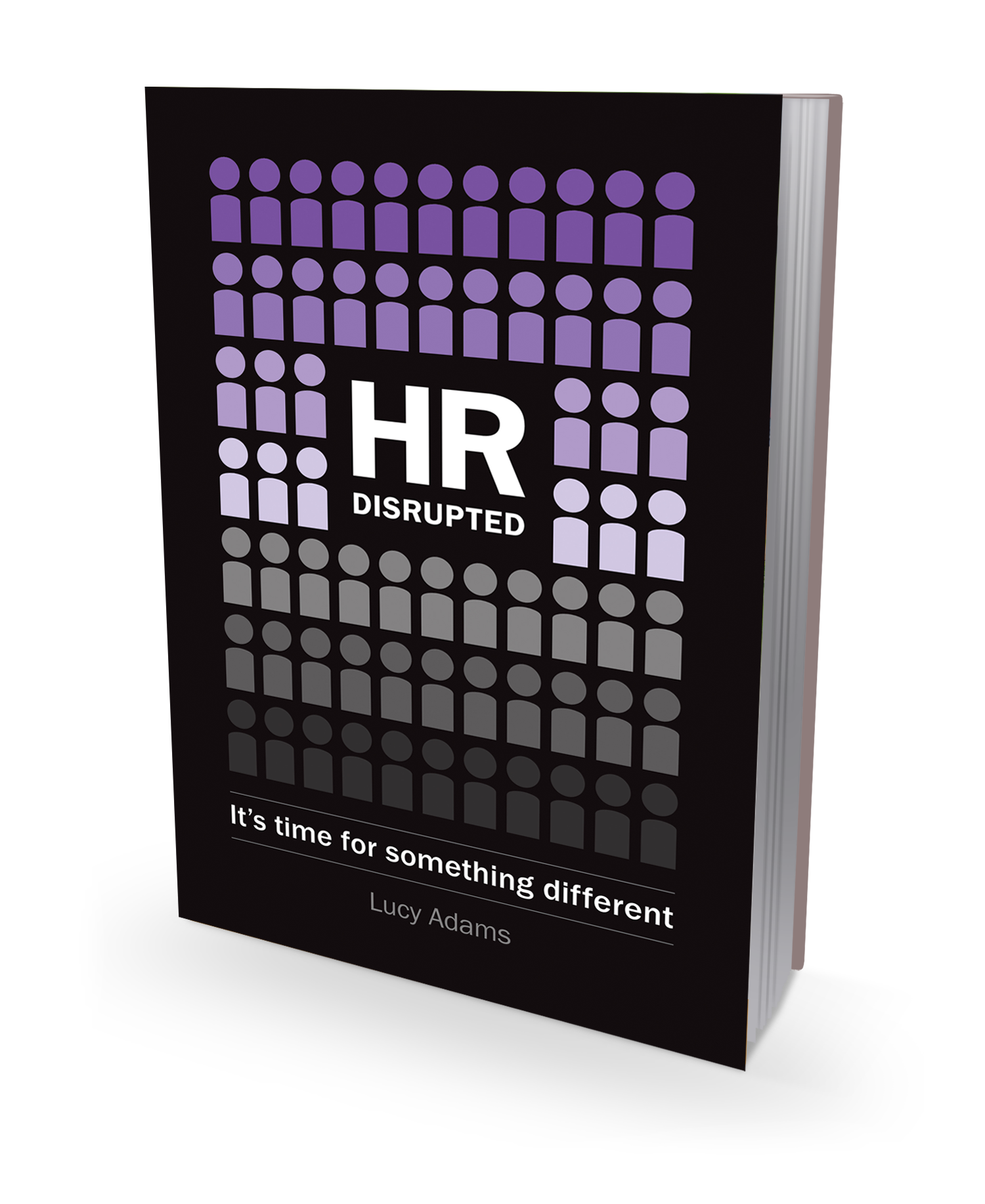When people find a mission in life, it’s usually something really awe-inspiring – like climbing Kilimanjaro or saving some rare species of whale. Mine is really lame. I want to rid the world of annual appraisals. I want to see an end to this soul-sucking, energy-draining, life-reducing process. A pitiful mission I know – but one that is apparently more elusive than conquering mountains. Despite only 8% of companies believing that appraisals are worth the time and effort devoted to them, despite there being no evidence that the effort applied leads to enhanced performance and despite appraisals being universally loathed by anyone who has to do them or be subjected to one – they remain a stubborn and unwelcome part of business life. So, not an easy mission, and maybe not so unworthy?
My mission is shared by many HR professionals who are equally tired of having to police and chase the completion of a process that they know is hated by their colleagues and that they struggle to justify in terms of creating value for the business. Yet, at this time of year, many of them will be gearing themselves up again to start the annual process. Why not make a commitment that this is the last year you will subject your colleagues and yourself to this pain?!
The good news is that countless organisations are already looking at alternatives and it’s not just the sexy hi-tech companies either. We are working with a number of organisations in sectors such as banking, public services and manufacturing which are not usually seen as the most progressive in HR terms. The bad news is that whilst there is a lot of noise around the reform of performance management, there are some legacy constraints that will, in my view, ultimately undermine our ability to truly enhance the performance, productivity and motivation of our people.
Firstly, we need to stop looking to replace one flawed system with another. We seem to want to be presented with a fresh new framework or model when true and impactful performance management is essentially a messy, individually tailored affair. Whilst it’s harder to present a new approach without a linear process map, the lack of one will ultimately mean we stop trying to shoe-horn people into one-size-fits-all processes and start recognising employees as individuals not a homogenous lump.
Secondly, there remain too many CEO’s who believe they can genuinely tick the box entitled “We have a high performance culture” because they’ve got 95% appraisal completion. We have some evidence but not enough and certainly not in a format that makes the case with the many business leaders who need hard facts, usually numeric ones. Until there is some ‘pull’ for a new approach, the ‘push’ from HR will not have the impact.
Thirdly, we need to recognise that whilst implementing lasting change may take some time, we cannot simply make small incremental process changes but retain the basic under-pinning beliefs that support today’s approach and expect different results. Instead of debating whether we should have a three, four or five point rating scale or reviewing the mechanics of the bonus pay-out thresholds, we need to encourage discussion about a new set of beliefs about performance and motivation that might drive real change, such as:
- Employees are responsible for their own performance and career
- Most employees are responsible adults who can be trusted to do the right thing
- Money rarely motivates
- We deliver performance through teams, rarely as individuals
Fourthly, we need to expose the 5 Great Lies of any performance management system, ie:
- Annual objectives align all employees to the company goals and provide clarity and ambition
- Appraisals improve performance through annual feedback
- Appraisals provide objective and calibrated evaluation and measurement
- Rating individuals helps to drive a transparent and fair differentiation
- Appraisals are required for managing poor performers
All the evidence is out there to refute every single one of these. More than that, the evidence is out there to make a mockery of our long held views. I am sure that if you work in HR then you, like me, will have had your doubts about these myths. Having spent time researching and reviewing the evidence, it is hard to put the genie back in the bottle. We need to make sure this evidence is widely known and understood.
Finally, we need to address the main barrier to major reform of appraisals – the deep-seated and widely held belief that an individual bonus is essential to drive performance and motivation. Even the most progressive and radical HR Directors I have met falter when faced with the removal of this element of any performance management system. Unfortunately, if we continue to hold faith with individual bonuses, then sooner or later we default back to a need for annual objectives and individual ratings to demonstrate objectivity and fairness and then the whole cycle begins again. The work of Dan Pink stands out as the most compelling case against the individual bonus but this is not yet getting traction where it is needed. We cannot as HR leaders convince our leaders about the so-called ‘softer’ aspects of appraisal reform, such as frequent feedback, peer review, managers as coaches, employee-led objective setting etc, and leave this aspect unchallenged. We don’t have enough of a compelling case yet and until we do, we will continue to struggle to rid corporate life of the annual appraisal.
Want to know how equipped your HR is for a disrupted world? Why not take our free HR diagnostic?

Why not get our book “HR Disrupted” for a new way of thinking about HR and practical tools to help you make the changes Click here to order.

Join the Disruptive HR Club for free and enjoy a taste of our exclusive blogs, podcasts, videos, and live events
Recent Posts
Lessons from a scandal: Should bonuses be paid for ‘just doing the right thing’?
The scandal of the Post Office, where managers are being incentivised to help with the public inquiry, begs the question - should we ever pay bonuses just 'for doing the right thing'?
Health and Wellbeing: Less Zoom Yoga, More Trust
We should question whether our healthy snacks and instructive posters are addressing the real barriers to feeling well. Should HR be the caring parent and provide the right kinds of food, exhortations and education? Or should we look to reduce the things that create the stress in the first place?
How to help your leaders be more curious
Being curious is good for us and our organisations, but some of us do it less than others. This blog explores how we can help leaders to show more curiosity.